If you're expecting, it's common to experience swelling in your legs and feet. Many women turn to compression socks for relief since they're designed to reduce swelling and improve circulation. But maybe you've already wondered, "Is it safe to sleep in compression socks while pregnant?"
Let's discuss the benefits of these socks and address whether wearing a pair of pregnancy compression socks overnight could pose any risks. At the end of the day (and night), we want mother and baby to stay healthy and comfortable.
Is it Safe to Sleep in Compression Socks While Pregnant?
You can sleep wearing compression socks while pregnant, but it's not always necessary unless your doctor advises it. Pregnant women wear them daily to improve circulation and reduce swelling, especially if they sit or stand for extended periods. However, if you're dealing with medical conditions like deep vein thrombosis (DVT) or severe swelling, wearing them at night may be beneficial. Always consult your healthcare provider to determine what's best for your situation.
What Is DVT?
Deep vein thrombosis (DVT) occurs when a blood clot forms in the deep veins, typically in the leg. DVT can be dangerous because if the clot breaks loose, it can travel to the lungs and cause a life-threatening condition called a pulmonary embolism.
Are Compression Socks Safe During Pregnancy?
Yes, compression socks for women are safe and beneficial during pregnancy. Pregnancy introduces unique physiological challenges, from weight gain to hormonal fluctuations, that can negatively impact circulation. As your baby grows, blood volume increases, and pressure on your veins can lead to swelling, varicose veins (enlarged veins), and even DVT. Fortunately, compression socks are a simple, drug-free solution to support your health during this time.
How Do Compression Socks Help?
By applying graduated pressure, compression socks improve blood flow, reduce swelling, and relieve discomfort—especially during the third trimester, when many women experience more significant swelling in their feet and legs.
Finding the best compression socks for pregnancy, specifically designed to accommodate your changing body, is vital to getting the most relief. These socks can make a big difference in how you feel, helping to prevent issues like varicose veins while keeping your legs comfortable.
Benefits of Compression Socks During Pregnancy
Compression socks offer numerous benefits during pregnancy. They provide crucial support for your legs and overall health as your body adapts to pregnancy. Let's take a closer look at some of the benefits.
Improved Circulation
Your body undergoes many changes to keep up with the many demands of pregnancy, one of which is keeping your blood flowing efficiently. Compression socks apply gentle pressure to your legs, which prevents blood from pooling in your lower limbs. This reduces swelling and helps prevent issues like varicose veins and DVT. By promoting better circulation, compression socks keep your legs comfortable and support your cardiovascular health during pregnancy.
Reduced Swelling
During pregnancy, women commonly struggle with edema — the swelling that occurs in your feet, ankles, and legs when excess fluid becomes trapped in your body's tissues. But you don't have to live with the discomfort. Specially designed compression socks for edema can help you manage this condition, encouraging the excess fluid to move away from your lower extremities and enabling you to stay active without the distraction of heavy, swollen legs.
As your body grows and adapts to pregnancy, your legs will require more support to handle the additional strain, especially if you experience changes in calf size. Wide calf compression socks may be a solid investment during this time.
Varicose Vein Prevention
Are you worried about varicose veins during pregnancy? These veins become swollen, enlarged, or twisted due to damaged valves that don't allow blood to flow correctly away from and back to your heart.
Pregnancy is one of several factors that can put a person at a higher risk for this condition. Still, compression socks are one of the best ways to prevent varicose veins. The pressure the socks apply to your legs supports your veins and keeps blood flowing smoothly. This prevents your blood from pooling in spots, which is the culprit behind those bulging veins.
Relief From Leg Pain and Fatigue
Compression socks can help relieve the tiredness and heaviness in your legs, especially in the later stages of your pregnancy. They support your leg muscles and may reduce cramps, allowing you to fight off fatigue and be active longer without aches and pains dragging you down.
DVT Prevention
Pregnancy increases your risk of deep vein thrombosis, a severe condition in which a blood clot forms in one of your deep veins. Compression socks can help keep your blood moving, lowering the risk that one of these blood clots might form. Think about it like this: Pulling on the right pair of socks is an easy way to protect yourself from a potentially dangerous condition.
Postpartum Recovery
The benefits of compression socks don't stop once you give birth. Wearing them after delivery, especially if you've had a C-section, can help reduce swelling, improve circulation, and prevent blood clots, making it easier for your body to recover and return to normal.
Additionally, padded compression socks can offer extra comfort during your recovery by providing cushioning, especially if you have sensitive feet and legs. This padding can make it easier for you to move around while still offering the necessary compression.
What Compression Level Is Best for Pregnancy?
For most pregnant individuals, 15-20 mmHg compression socks are ideal. This compression level provides adequate support to relieve swelling, prevent varicose veins, and maintain comfort throughout the day without being overly restrictive.
Suppose you experience more severe symptoms, such as intense varicose veins or significant swelling. In that case, your doctor may recommend a stronger compression level, such as 20-30 mmHg. Always consult your healthcare provider to find the right compression level.
The Best Time to Wear Compression Socks While Pregnant
The ideal time to wear compression socks during pregnancy is early morning, right after waking up. This is because your legs and feet are typically less swollen after a night of rest. Putting on compression socks before you start your day helps prevent swelling from occurring as you stand, walk, or sit for long periods. Wearing them throughout the day ensures that your blood flows properly and doesn't pool in your lower legs, reducing the risk of discomfort, varicose veins, and DVT.
It's also helpful to wear compression socks when you're on your feet for extended periods or sitting for a long time, such as during travel. This maximizes their benefits and helps maintain your circulation, keeping you comfortable.
Additional Tips for Reducing Your Discomfort During Pregnancy
While compression socks are a helpful tool, they work best when combined with other healthy practices. Here are some general tips to help keep you comfortable while you're pregnant:
- Elevate your feet: When resting, prop your feet up to encourage blood flow back to your heart.
- Stay hydrated: Drink plenty of water to help prevent fluid retention, which can worsen swelling.
- Move regularly: Gentle exercise, such as walking or swimming, helps keep your blood flowing and reduces swelling.
- Wear comfortable shoes: Supportive, well-fitted shoes can help minimize foot and leg pain during pregnancy.
- Massage your feet: Regularly massaging and elevating your feet and legs while resting can reduce swelling and discomfort.
Frequently Asked Questions
Is it reasonable to wear compression socks while pregnant?
Yes, wearing compression socks during pregnancy can be beneficial. They help reduce swelling, prevent varicose veins, and improve circulation.
Is it safe to wear compression socks while pregnant?
Compression socks are generally safe during pregnancy if worn as your doctor recommends. They can help manage circulation issues and swelling.
Are compression tights safe for pregnancy?
Compression tights are generally safe for pregnancy and offer additional support to your legs, helping reduce discomfort and swelling. However, it's always advisable to check with your doctor first.
Is compression therapy suitable for pregnancy?
Compression therapy can be beneficial during pregnancy as long as your doctor recommends it. It promotes better circulation, reduces swelling, and prevents varicose veins and deep vein thrombosis (DVT).

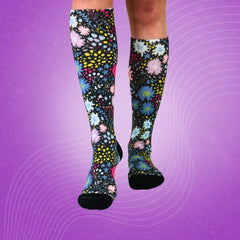
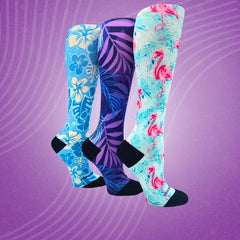
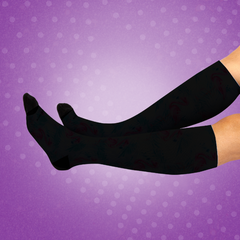
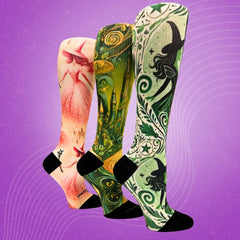
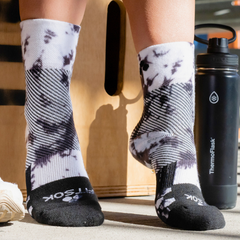
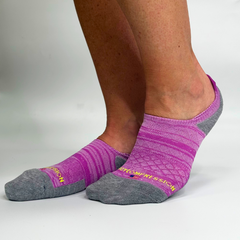





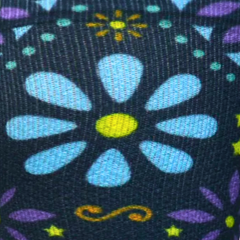
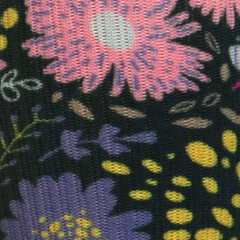
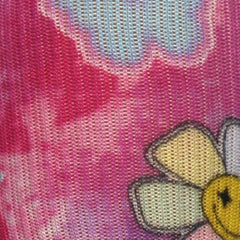
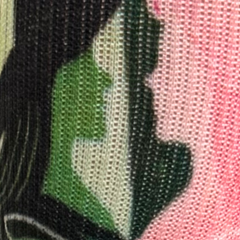
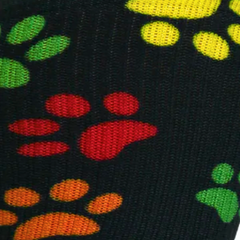
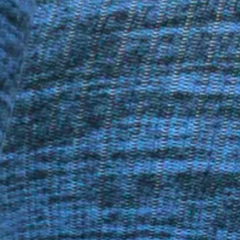
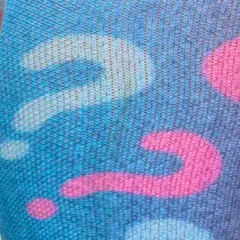

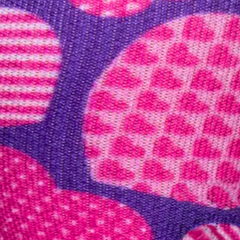
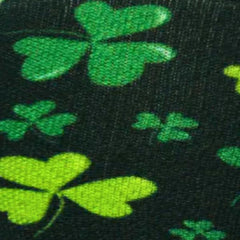
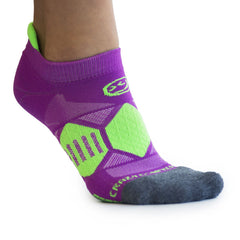
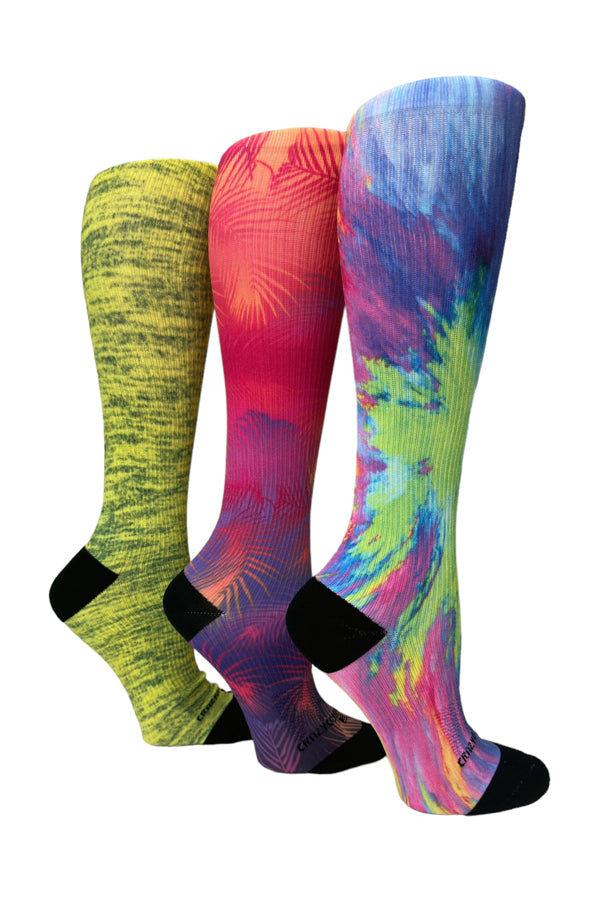
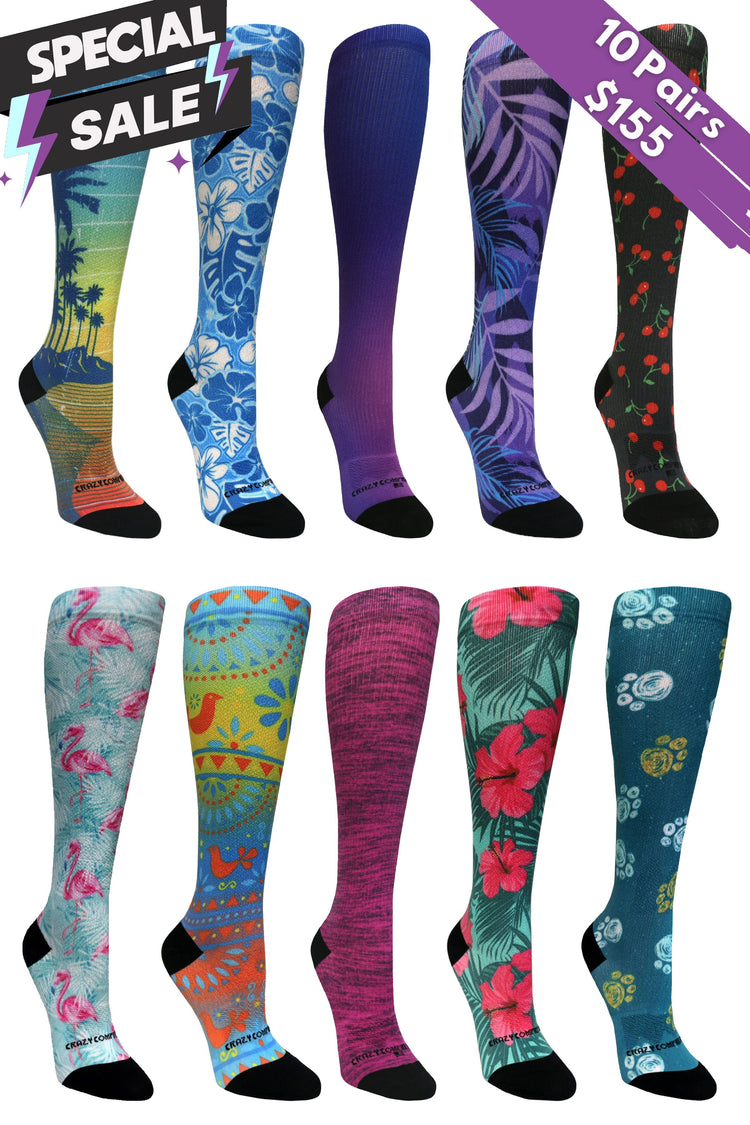
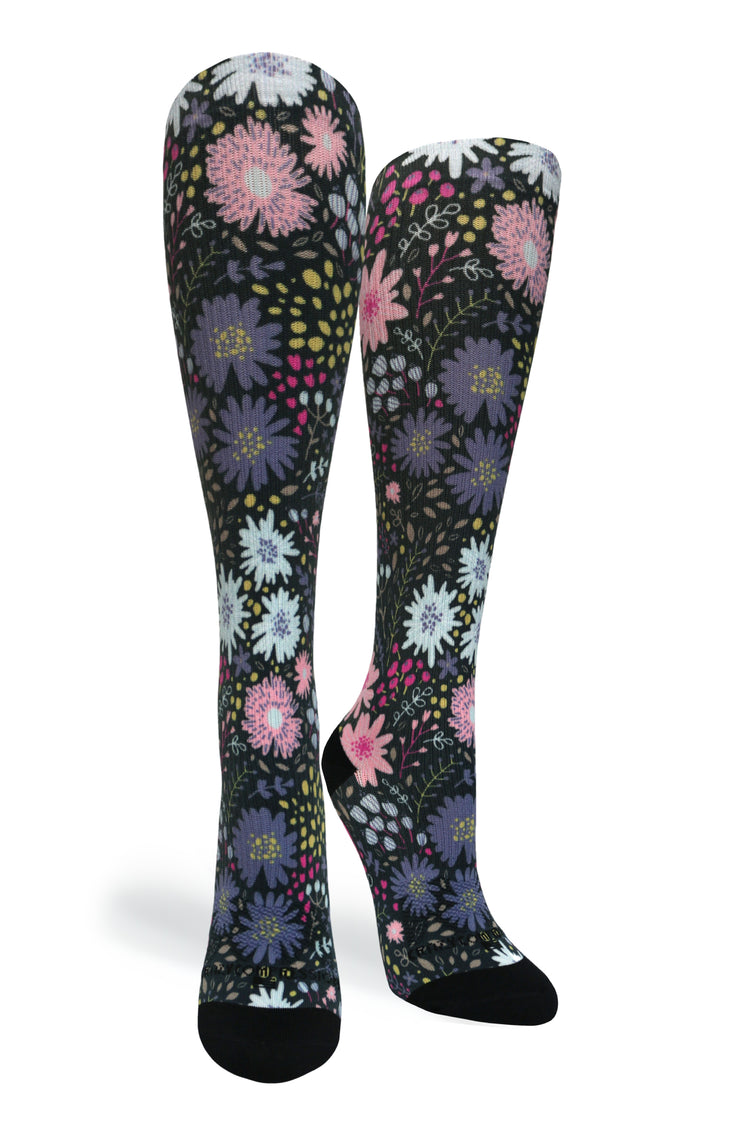

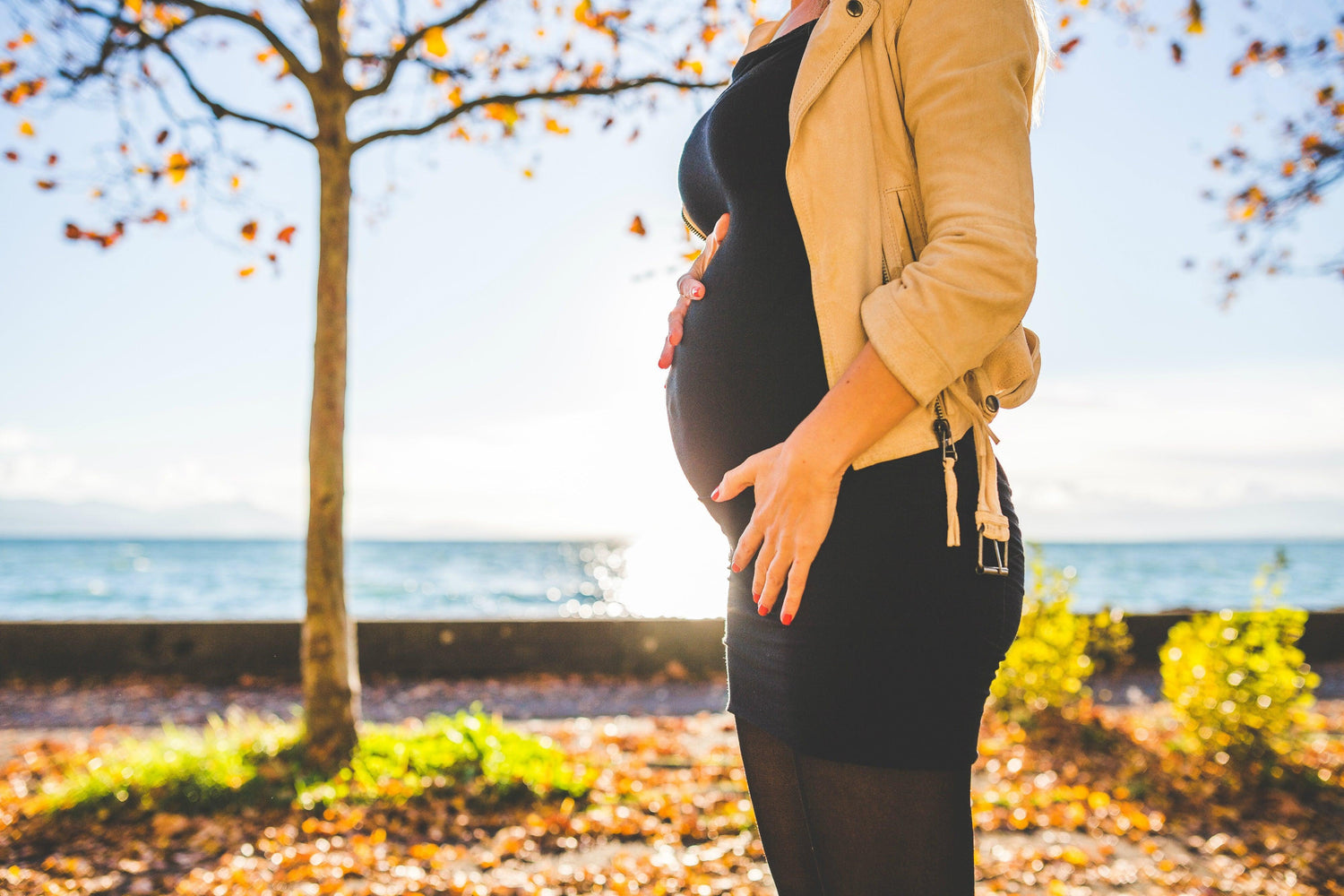

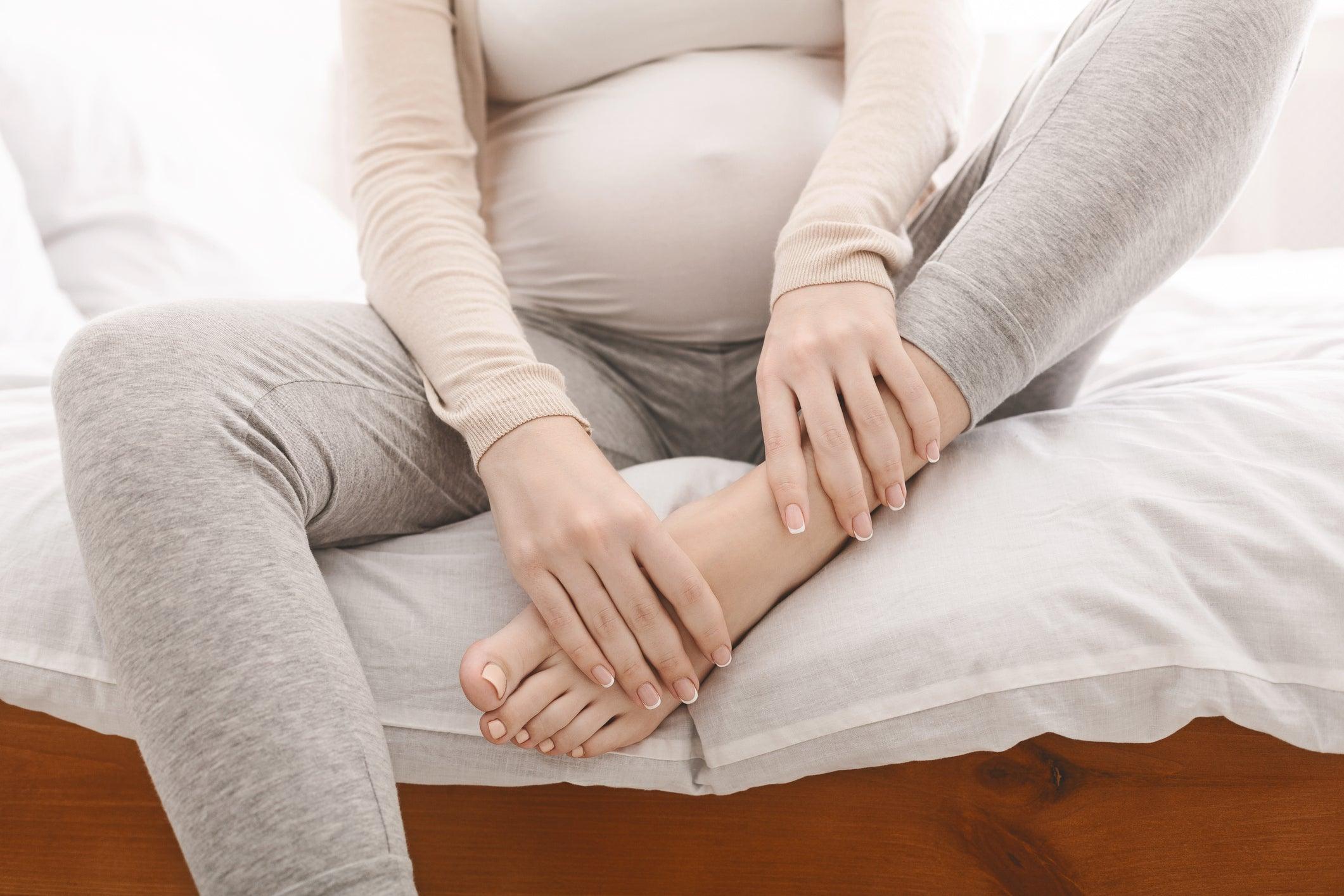
Leave a comment
This site is protected by hCaptcha and the hCaptcha Privacy Policy and Terms of Service apply.